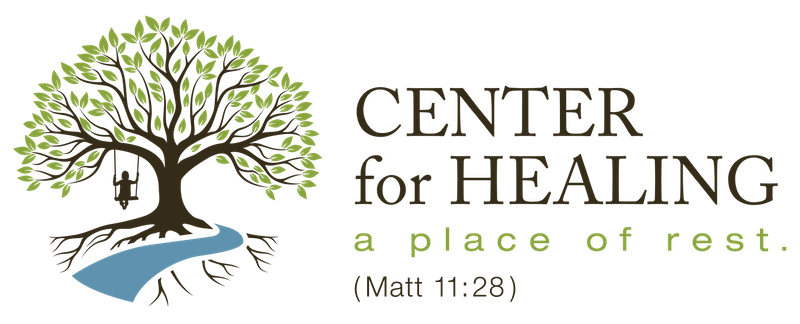
I have noticed over the last several weeks since the social isolation requirements, the influx of clients recognizing parts of their lives that are disordered. What is it about the extra time we have with ourselves and those closest to us that brings us to recognize parts of our self that maybe we do not like or would like to change? What is the internal drive that causes us to react impulsively to situations that trigger our woundedness?
In the adoption world, the primal wound is known as the trauma a child experiences by the separation from his/her mother (Verrier, 1993). It is a violation of attachment and the breach of an essential bond (Psychology Today Article). This wound has the potential to have profound impacts on one’s life. If we recognize the impacts of the loss of relationship on an adopted child, it makes sense that every child could potentially be impacted by the betrayal of their emotional needs not being met, even if they were raised by their biological parents. The violation that starts early in life from the broken relationships with our parents, betrays our fundamental trust and wounds our connection to our deeper self.
An infant in utero has the capacity to feel the emotions of his/her mother during pregnancy whether positive or negative (Mayo Clinic). An infant does not have the emotional maturity to separate their mother’s feelings from their own. An infant’s only experience is the combined world of their mother and they begin to internalize these intense emotions.
It is important for us to identify the “primal wound” we may be holding on to whether adopted or not. Freud explains that psychological wounds go from the outside to the inside. The wounds that occur primarily in our childhood do not disappear with time. The wound survives latently and creates layers of distortions. When parents are not available either physically or emotionally, the mind of the child is invaded by anxiety, hunger, emotional craving, powerlessness, emptiness, loneliness, abandonment, worthlessness, loss, and lack of protection. These emotions cause us, for example, to use substances to feel powerful, overwork ourselves to feel worthwhile and fulfilled, or turn to addictive relationships to feel a sense of belonging. We don’t have to remain stuck in these places. Validation is key to releasing these old wounds.
I suggest we use this time, whether in continued social isolation or not, to reflect on the wounds that are triggered by those closest to us. Recognize your latent emotions and assign them a name. Identify the emotions or unmet needs that are creating compulsions that are inescapably pleasing. In healing these spaces, we are able to experience freedom. “Our wounds are often the openings into the best and most beautiful part of us” – David Richo
Peace,
Julie Nielsen LMSW



